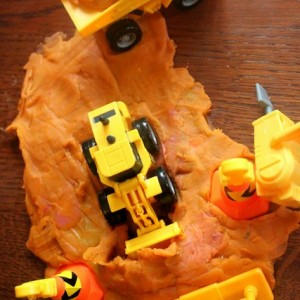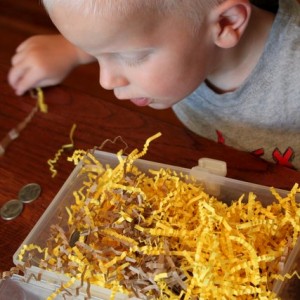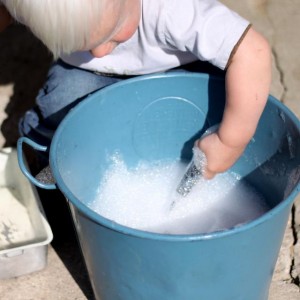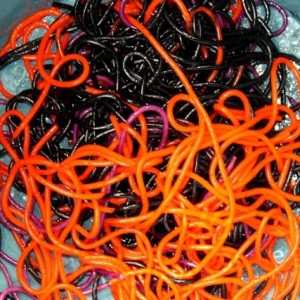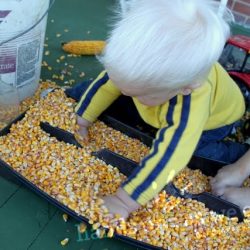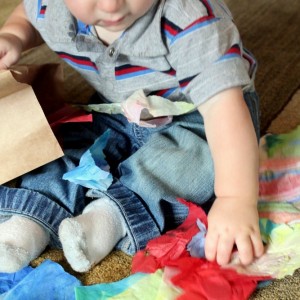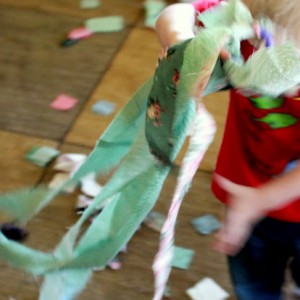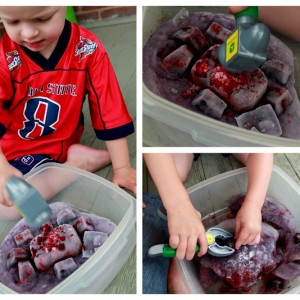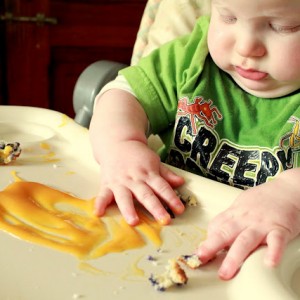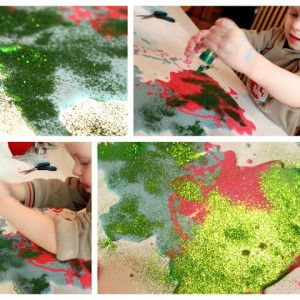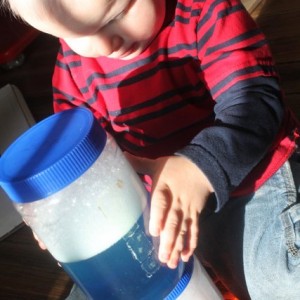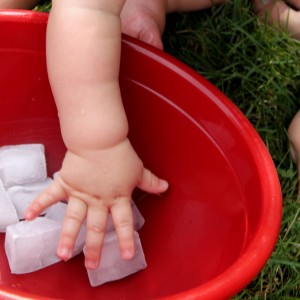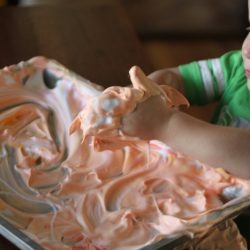This article, although about flying, has some great tips on how to make traveling over the holidays, a break, going anywhere different, a little easier on your son or daughter and the whole family! Changes in routines, schedules, and comfort spaces, often need to be well thought out, discussed, put into visual schedules & social stories. As March break is coming up, and the 'regular' routine will be different for many of us, thought a number of these tips were timely, and very good points to consider. I am taking the boys off Island for the week, so will be implementing a number of these ideas. Hope you have a great break next week, whether it takes you away from home, or a 'staycation'
The holiday season is the busiest time of year on the roads and in the skies, with travelers trekking long distances to spend quality time with family and friends. There are many things that can go wrong for the ordinary traveler, ranging from delayed flights to lost luggage, annoying fellow passengers, and more.
It’s no surprise, then, that traveling with a child with special needs can place even the calmest, coolest, most collected parent on edge. This checklist will help you be prepared for any holiday travel frustration that might come your way.
Preparation Makes All the Difference
Many children with special needs have trouble with changes in routine, crowds, loud noises, confined spaces, and similar environmental conditions – all of which are common when traveling. Some parents of children with special needs suggest showing your child videos of travelers going through airport security, creating a book that discusses the sights, sounds, and experience of traveling, or even conducting a complete run-through in the airport or bus terminal. Knowing what to expect can help your child feel calmer and less anxious when travel day arrives.
Make It an Adventure.
Certainly, the hustle and bustle of a long travel day can be overwhelming for children with special needs. But presenting it as a day of adventure can make it more fun for them. For example, a good friend of mine has a son who is on the autism spectrum and she was recently telling me that she got aLuke Skywalker costumefor him to travel in over Thanksgiving. At the airport and on the plane, he pretended they were on a mission to save Princess Leia. His mom told me that being Luke Skywalker gave him a confidence boost which helped him manage his anxiety during the parts of the trip that were hardest for him—for example, waiting in the noisy airport terminal.
Consider Dietary Restrictions
Does your child have dietary restrictions that make it difficult to find suitable options at restaurants?
Packing safe snacks is critical, but this can pose challenges when traveling by air. Call ahead and discuss your child’s specific dietary requirements with the airline ahead of time. If possible, make arrangements to take your own or have meals specially prepared. Pack snacks in see-through bags or containers to make it easier to get through security.
Pack All the Essentials in Your Carry-On Bags
Because you never know what delays or circumstances you might encounter, packing a carry-on bagis essential for a seamless trip. Your carry-on bag should contain a change of clothes, any medications your child may need (enough for several days), documentation from your child’s physician, copies of prescriptions, and any personal items that help your child cope if they have sensory issues.
And of course, a laptop or tablet are always great to have on hand. For example, my friend’s son isa math and science whiz. She told me she gave him her laptop on their Thanksgiving return trip and told him she’d love to have his help planning out their holiday decorations. She asked him to figure up how many lights they’d need for their tree, how many grandma would need for her tree, and so on and shared an online calculator with him so that he could check his work. It proved to be a great way to keep him occupied.
Plan Breaks to Allow Your Child to Recharge or Burn Energy
Long days spent surrounded by unfamiliar people or strapped in an unfamiliar seat for extended periods of time can be overwhelming for any child. Plan adequate breaks to allow your child to burn off energy or simply to get a reprieve from the chaotic travel schedule whenever possible. Once you’ve checked in at the airport and gone through security, for instance, allow your child to play to expend any excess energy before he’ll have to spend several hours seated in a confined space. Be sure to take along travel-friendly activities that can help occupy your child’s hands and mind during long road trips or flights.
The fact is that traveling during the holiday season is stressful for almost everyone. But it doesn’t have to be more stressful for your family because you’re traveling with a child who has special needs. Planning ahead and preparing your child for what to expect can help ease anxieties and make no obstacle insurmountable this holiday season







